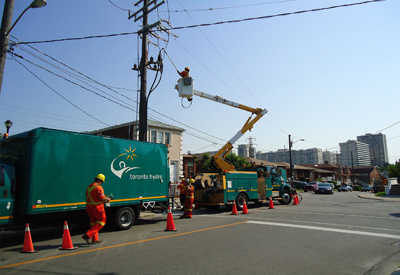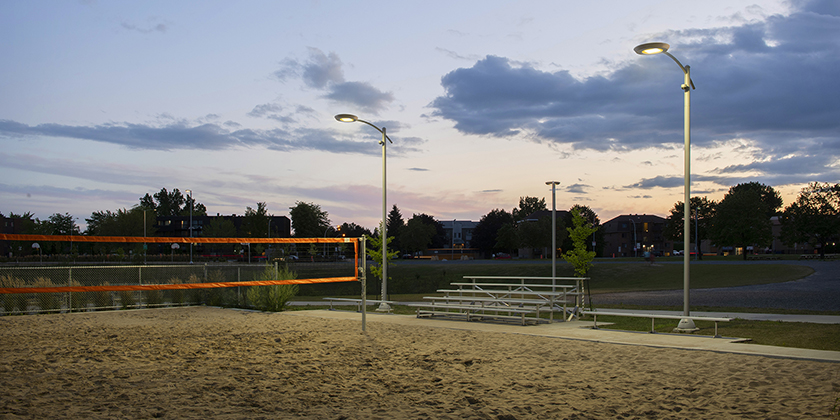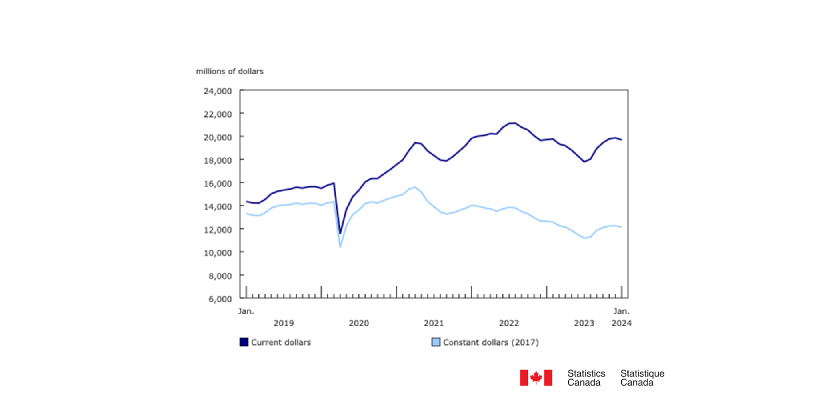New Act Reforms B.C. Law for Commercial Liens

March 16, 2022
New legislation will modernize B.C. law for liens so that service providers can more easily understand and use liens and their customers can protect their rights to their own property.
Liens commonly give people the right to keep another person’s property to secure payment for services that improve the property’s value. The proposed Commercial Liens Act will apply to the following services:
- providing labour or materials for the purposes of restoring, improving or maintaining the condition or properties of goods;
- storing goods;
- transporting, carrying or towing goods; and
- salvaging goods.
Currently, repair, storage and transportation liens have different rules. People who provide these services may lose their liens because of confusion around the requirements they must follow. As well, their customers may not know when their goods can be kept or sold by the service provider.
The act provides one set of rules for all of these liens. The changes will make it easier for service providers to keep liens to secure payment and for their customers to protect their rights. These improvements will accomplish this by:
- creating a lien for services as soon as the services begin;
- establishing clear rules for the amount secured by a lien;
- removing the requirement for possession of the goods to improve fairness for repairers of major equipment that cannot be moved from the owner’s premises; and
- giving lien holders the option to give possession of the goods back to the customer or owner by obtaining a signed authorization for services or a signed acknowledgment for payment and registering the lien in the Personal Property Registry.
The proposed act is based on established rules and procedures in personal property security legislation used throughout Canada and similar to the U.S. Commercial Code. These changes are in line with the British Columbia Law Institute’s recommendation to enact the model Uniform Liens Act and is supported by members of the B.C. branch of the Canadian Bar Association.
B.C. is adopting the model Uniform Liens Act prepared by the Uniform Law Conference of Canada, which has also been enacted in Saskatchewan. These modern reforms support the vision of one set of lien rules throughout Canada so that those who provide services across provincial borders, such as trucking companies, do not have to keep track of different rules in each province.
The proposed act will consolidate the law by replacing three acts and abolishing two common law liens:
- The Repairers Lien Act, the Warehouse Lien Act and the Livestock Lien Act will be replaced but will remain in effect until the new act comes into force.
- The act will repeal the Woodworker Lien Act and the Tugboat Worker Lien Act, which became law in the late 19th and early 20th centuries and are no longer used.
- The new act will not apply to liens under the Builders Lien Act or the Forestry Service Providers Protection Act.
The Commercial Liens Act will be brought into force by regulation at a later date after required changes to the Personal Property Registry are made. Commercial liens will be a new type of registration in the registry.










![Guide to the Canadian Electrical Code, Part 1[i], 26th Edition – A Road Map: Section 10 – Grounding and Bonding](https://electricalindustry.ca/wp-content/uploads/2022/11/Guide-CE-Code-2.png)





